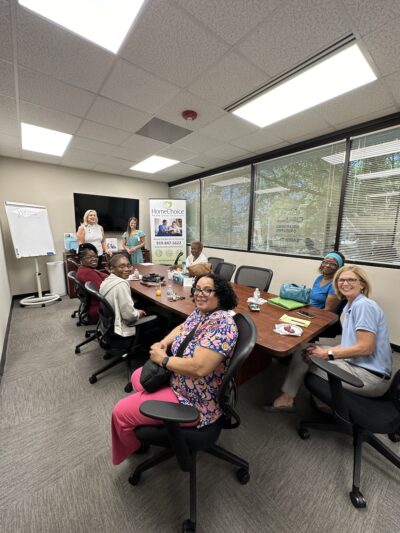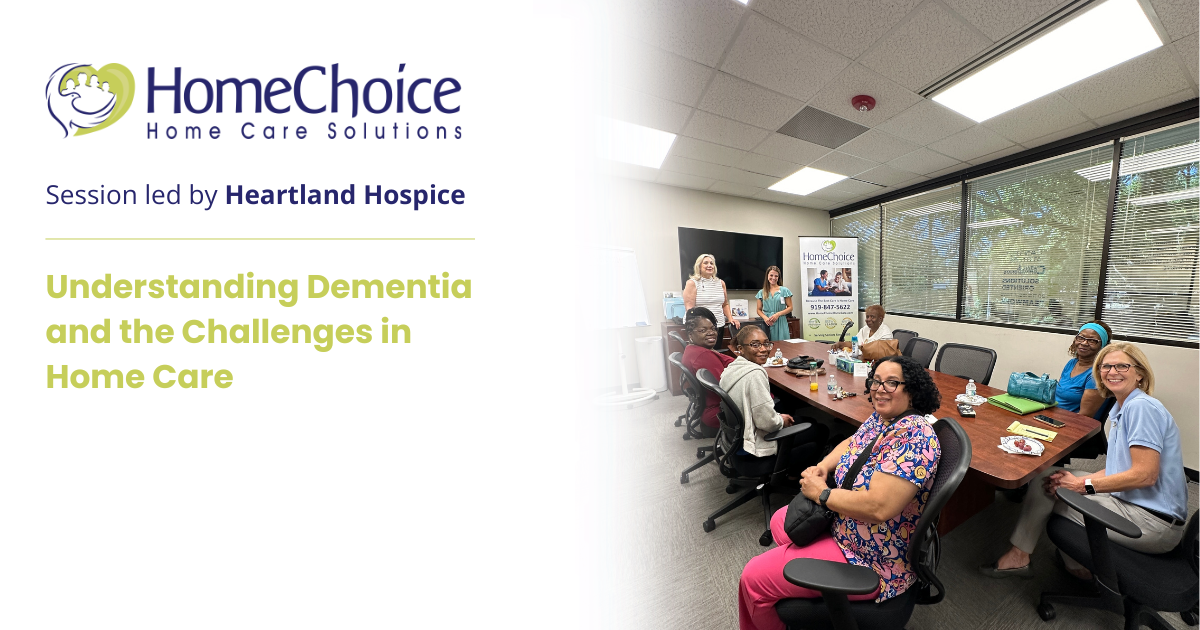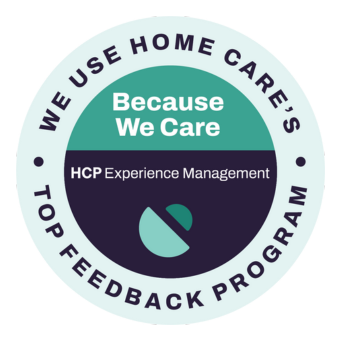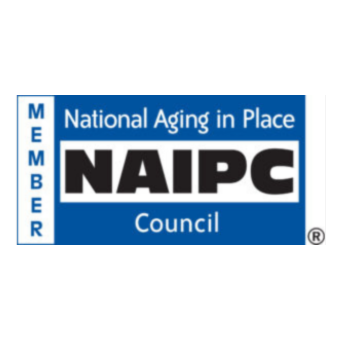
Our recent in-service held by Heartland Hospice.
In a recent in-service session led by Heartland Hospice, Judy and Kendall shared crucial insights about dementia with our caregivers, highlighting the complexity and challenges of this progressive disease.
Here’s a comprehensive look at what was covered and what it means for home care.
The Reality of Dementia
Dementia, particularly prevalent among seniors, is often misunderstood. It’s essential to differentiate normal age-related memory loss from dementia. Misplacing keys or forgetting recent events can be normal, but forgetting how to perform familiar tasks indicates a deeper issue.
Diagnosis and Progression
Diagnosing dementia involves a combination of medical imaging (CAT scan, MRI), behavioral assessments, and family history. Neurologists treat dementia, recognizing it as a brain disease rather than a mental health issue. Unlike other forms of brain damage, such as from strokes or traumatic injuries, dementia progressively worsens without the possibility of recovery through rehabilitation.
The disease manifests in various forms, including Alzheimer’s disease, vascular dementia, Lewy body dementia, and frontotemporal dementia. Early onset dementia can occur in individuals in their late 50s or early 60s and is often diagnosed as Alzheimer’s.
Challenges in Care
One of the significant challenges is the Medicare coverage limitation. Currently, hospice care for dementia patients is only covered if there is a co-morbidity and a prognosis of less than six months to live without extraordinary measures. This limitation underscores the need for comprehensive care strategies that extend beyond hospice.
As dementia progresses, patients gradually lose their ability to perform daily tasks, eventually requiring complete assistance. Caregivers face the difficult task of adapting to these changes while providing compassionate and effective care.
Effective Strategies for Caregivers
- Communication: Use short phrases and simple words. Long sentences can overwhelm and confuse patients. Maintain a calm demeanor and be patient.
- Decision-Making: Simplify choices to avoid overwhelming the patient. For instance, offer a choice between two outfits rather than the entire wardrobe.
- Non-Verbal Cues: Pay attention to body language and facial expressions, as these can significantly impact the patient’s comfort and understanding.
- Social Eating: Encourage patients to eat by sitting with them during meals. Even if you’re not eating, your presence can create a social environment that promotes better eating habits.
- Patience and Understanding: Recognize that caring for someone with dementia involves helping them as they lose abilities, contrasting with raising a child who is learning and gaining skills.
Family Acceptance and Medication
Families often struggle to accept a dementia diagnosis, hoping that continued mental challenges will prevent deterioration. However, dementia is a physical disease of the brain, not just a mental condition. Acceptance is crucial for providing the appropriate care and support.
There are medications available that can alleviate some symptoms of moderate to severe dementia, though stigma often deters their use. Educating families on the benefits of these medications can help improve the patient’s quality of life.
Conclusion
Understanding dementia’s complexities and implementing effective caregiving strategies are essential for providing compassionate care. By focusing on clear communication, simplifying choices, and promoting social interaction, caregivers can significantly improve the quality of life for dementia patients.
Additionally, educating families about the nature of the disease and the benefits of medication can foster a more supportive environment for everyone involved. By staying informed and empathetic, caregivers can navigate the challenges of dementia care, ensuring that patients receive the best possible support in their journey.












